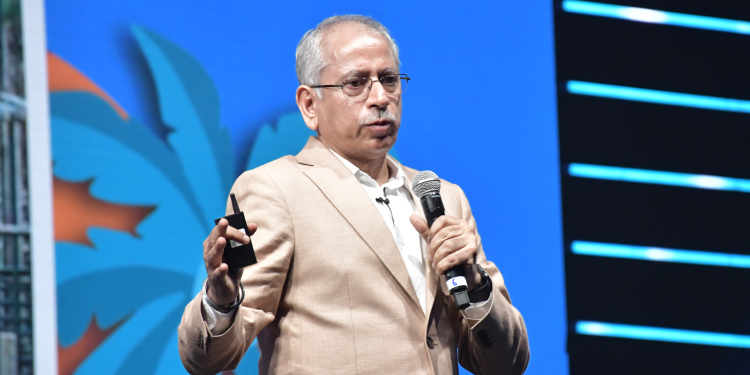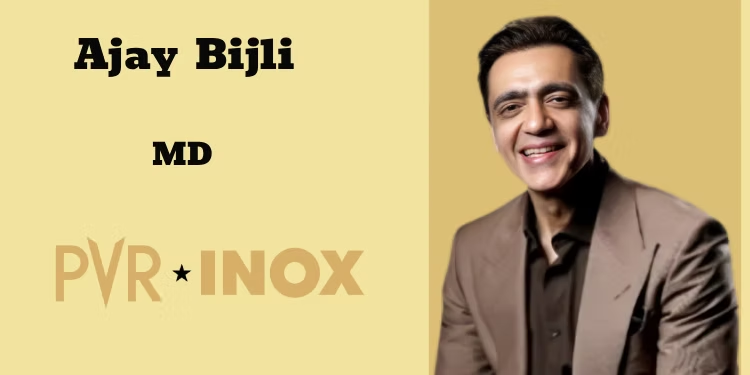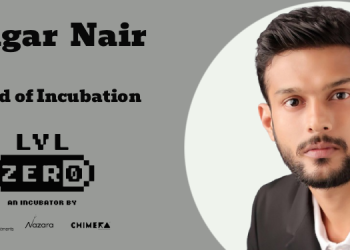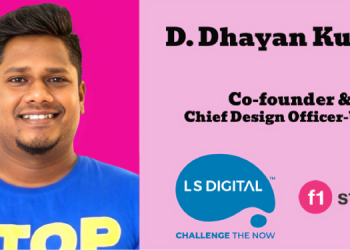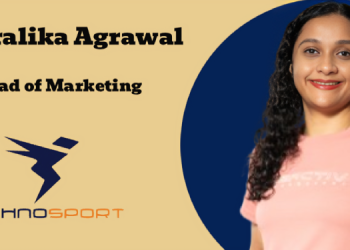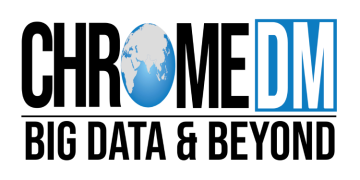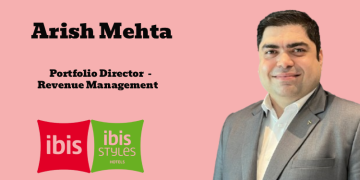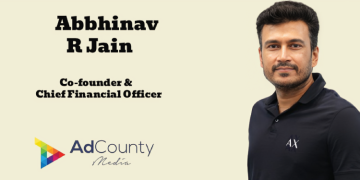Mumbai: The best time to disrupt is when you feel the most comfortable. If you don’t disrupt then somebody else will eat your lunch. At the same time companie have to disrupt around the consumer not around what exists in the industry.
In Goafest 2024’s first session presented by News 18 Network, titled Adapt To Thrive Not Just Survive, Harit Nagpal, MD, CEO Tata Play, emphasised the importance of adaptability as a key to thriving rather than merely surviving. The keynote speaker emphasised the inevitability of disruption in our lives and the critical importance of resilience in the face of it. “Disruption can be caused by anything or anyone, but it becomes our responsibility to survive and thrive,” he asserted!
One issue he pointed out is that market leaders rarely disrupt because they are afraid that their existing product will get cannibalised. For them to disrupt requires courage but you need to do it is his message. He noted that basic principles like The 4 Ps Of Marketing stay the same. Ne has to disrupt around the basics. To try and disrupt the basics is wrong he warned.
He wrote a book called Adapt which is from where he gave the messages and learnings. The book consists of 10 stories in 10 geographies. He gave learnings and messages from the book. One of them is that finding out who is not your customer is more important than who is your customer. That is because 20 per cent of consumers give 80 percent of revenue and vice versa. The customers who buy once in a while, only buy if there is a discount has to be converted. Another message is that customer segments are like shifting sands. They are changing. He gave the example of toothpaste purchases which today has 95 per cent penetration compared to 45 per cent earlier “Rising incomes are an opportunity. Tech is an opportunity.”
He also pointed out that company’s competitive advantage has to be based on processes not on pricing. That is because if a company offers a discount then the rival will follow suit. Another learning for him is that one must reward effort and not just achievements. This is an area where he admitted that Tata Sky also struggles in. If one only rewards achievements then people get tempted to cut corners. He also said that companies should sicover customer segments both those that they want to be in and those that they do not want to be in. Instead of indulging in a dogfight with competitors companies should focus on growing the market instead and build an enduring brand.
He also discussed Business Continuity Planning, a strategy used in the 2000s, designed to address both expected and unexpected scenarios, and its relevance to COVID-19. He expects the next disruption to come in faster than the previous disruption and it will be bigger and have a larger impact. He noted that during COVID the company adapted and is now working better. Many people do not come to the office as there is no need.
He also revealed that a significant and growing proportion of Tata Play’s customer base is now opting for digital recharge options, marking a notable shift in consumer behaviour. This trend is reflected in the company’s increasing market share, as more and more customers embrace the convenience of virtual recharges. Today 76 per cent of Tata Sky’s subscribers recharge online compared to 23 per cent earlier.
He then moved on to highlight the surge in digital interactions, including video calls and remote work, which have become the norm. The pandemic, he noted, disrupted traditional office setups but ultimately led to more flexible and efficient work arrangements.
In a nod to the rapid pace of innovation, he declared, “Disruption is the new norm.” From the worldwide web to AI, each breakthrough is shrinking the gap between disruptions, and we’re just getting started.”
Earlier in his speech he gave examples of disruption that happened decades ago to show that disruption is not new. In pre-independence days his grandfather was a commodities trader. Things changeein 1947 due to the partition. He along with his family came to Delhi and settled in the camps. He and his friend bought bags of sugar for 60 paise per kilogram. They then sold for the same price. They did not make money from sugar but from the bags. “They did this for three years and this ended up helping them build a house and run its expenses,” he said.
The next incident that Nagpal discussed was from 1977 and was music related. At that time there was no cassette label only record labels. He would ask relatives to get LPs from the US. He sold LPs to a man for Rs. 400 each. It gave him enough pocket money for a year. But that man would use a turntable and convert them into multiple cassette copies. Nagpal noted that it may have been illegal or promoting piracy, but it was disruptive. Then that man started tying up with record labels.

